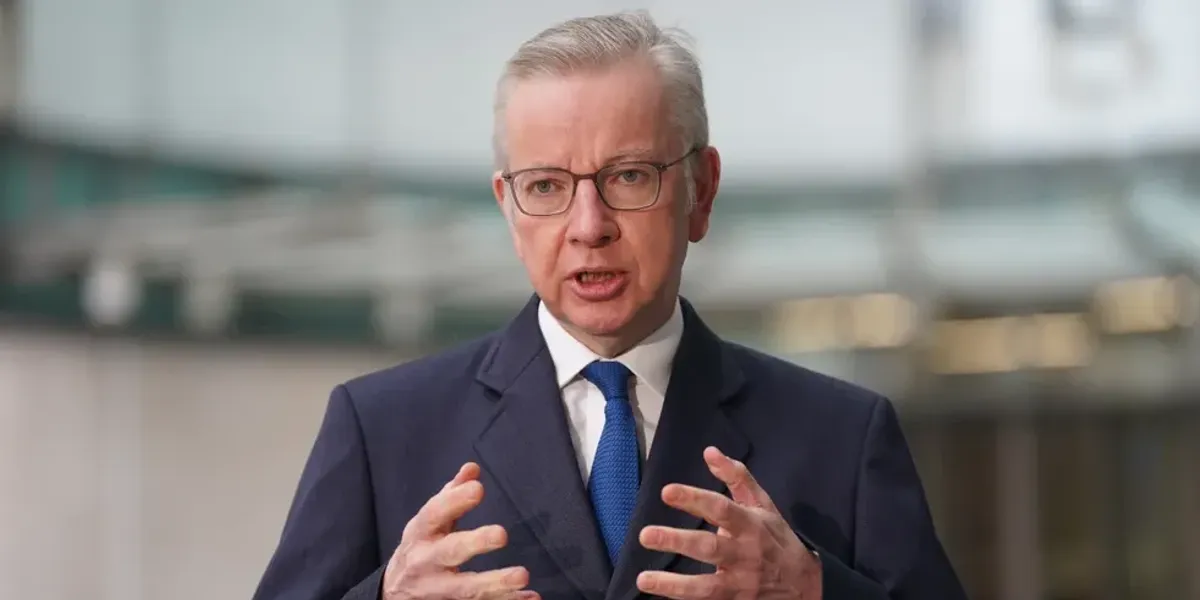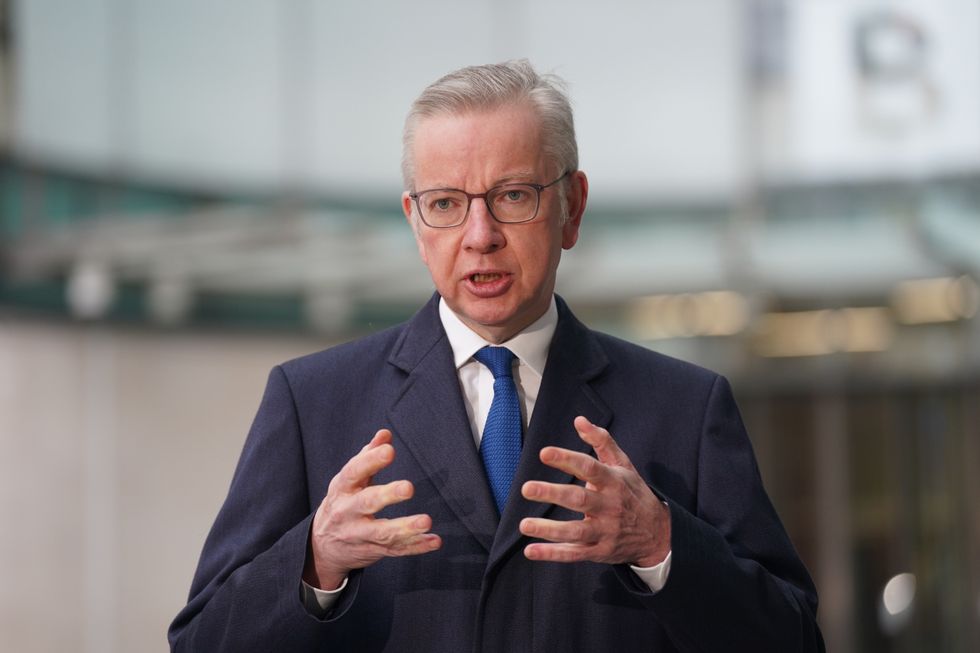
 Press Releases
Press Releases 
Ministers have unveiled a new definition of extremism today, which will be used to ban certain groups from accessing Government funding and meeting with officials.
The definition will apply to groups that promote an ideology based on “violence, hatred or intolerance”.
The new definition, which comes into force on Thursday, will not criminalise the groups.
But it will deny them access to taxpayer funding and bar them from meeting ministers and officials or gaining a platform that could “legitimise” them via association with the Government.

Ministers have unveiled a new definition of extremism today, which will be used to ban certain groups from accessing Government funding and meeting with officials
PA
Michael Gove said a surge in extremism in the wake of the war in Israel and Gaza poses a “real risk” to Britain.
But some groups have hit back at the Government’s definition, with Zara Mohammed, head of the Muslim Council of Britain telling the BBC the definition could trigger the “unfair targeting of Muslim communities”.
The new definition comes in the wake of the Prime Minister’s promise to crack down on extremism and hatred.
Speaking outside Downing Street earlier this month, Rishi Sunak claimed there are “forces here at home trying to tear us apart”.
Referring to pro-Palestinian protests that have taken place since the Hamas attacks in Israel, the PM said: “On too many occasions recently, our streets have been hijacked by small groups who are hostile to our values and have no respect for our democratic traditions.”
The new definition says extremism is “the promotion or advancement of an ideology based on violence, hatred or intolerance, that aims to:
1. negate or destroy the fundamental rights and freedoms of others; or
2. undermine, overturn or replace the UK’s system of liberal parliamentary democracy and democratic rights; or
3. intentionally create a permissive environment for others to achieve the results in (1) or (2).”
The new definition is “narrower and more precise”, the Government said, claiming it will help to “clearly articulate” how extremism is “evidenced”.
Extremism was previously defined under the Prevent strategy as “vocal or active opposition to fundamental British values, including democracy, the rule of law, individual liberty and mutual respect and tolerance of different faiths and belief”.
In a statement, Gove said “our values of inclusivity and tolerance are under challenge from extremists”.
He added: “In order to protect our democratic values, it is important both to reinforce what we have in common and to be clear and precise in identifying the dangers posed by extremism.”
24World Media does not take any responsibility of the information you see on this page. The content this page contains is from independent third-party content provider. If you have any concerns regarding the content, please free to write us here: contact@24worldmedia.com